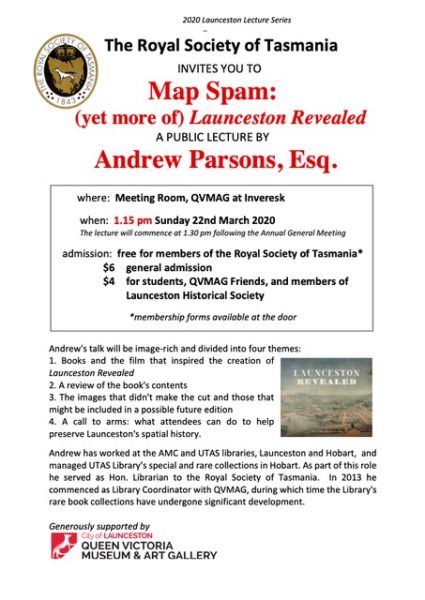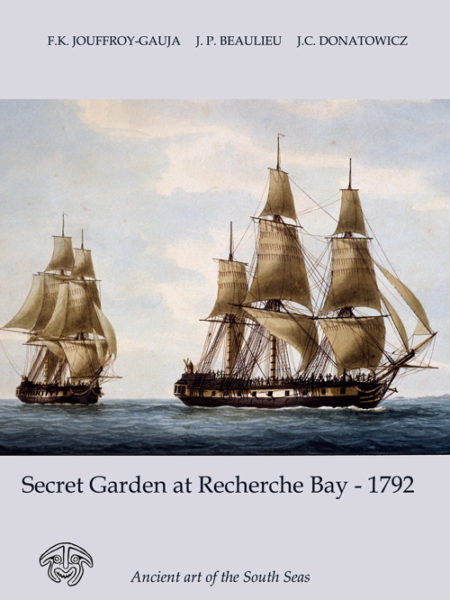After technical problems developed with registration for this webinar, it was necessary to change the meeting number. We apologise for the inconvenience, but if you registered before July 22, you will need to re-register using this new link [link removed]. Use the same link if you are registering for the first time.
If you have told anyone else about the webinar we would appreciate it if you could pass on this information.
We apologize for the inconvenience.



